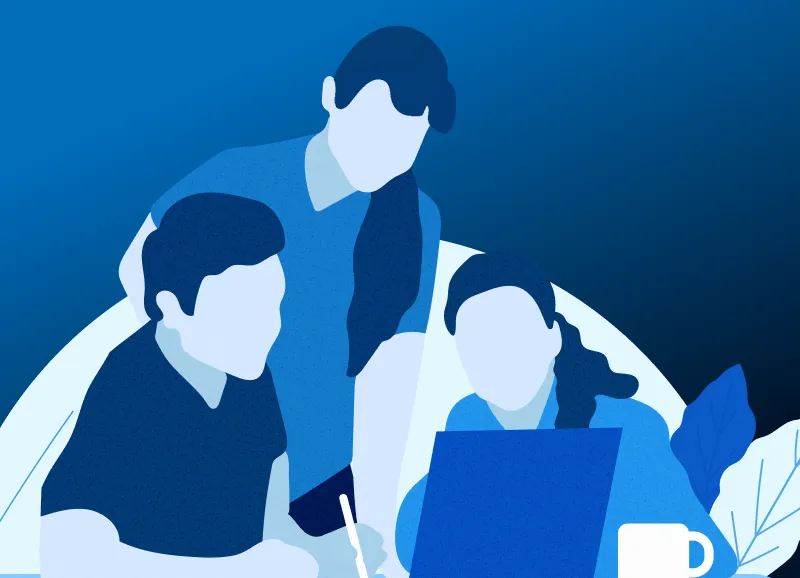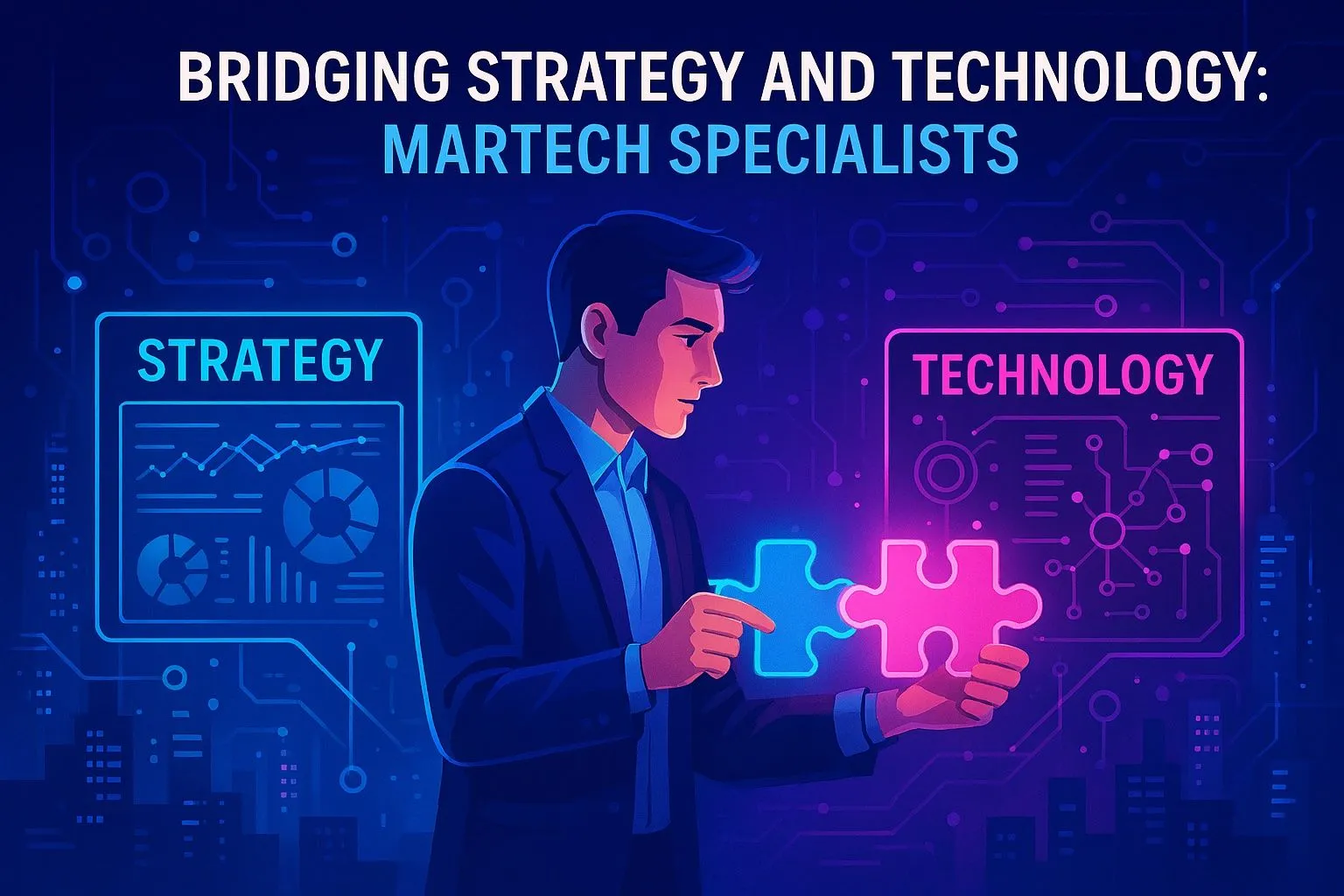Knowledge Is Power: How Smart Organizations Preserve What They Know
Oct 20, 2025 | 3 min

In today’s fast-moving business environment, few challenges hit harder than the loss of institutional knowledge. When key employees retire, resign, or transition into new roles, years — even decades — of insight, process understanding, and client relationship history can walk out the door with them.
Whether you’re managing large-scale organizational change, leadership turnover, or rapid growth, protecting institutional knowledge isn’t just about documentation — it’s about building resilience into your business.
Why Institutional Knowledge Matters
Institutional knowledge represents the collective wisdom that keeps an organization running smoothly. It’s the “how” and “why” behind critical decisions — the deep, often undocumented understanding of systems, clients, culture, and operations.
Losing it can create costly ripple effects:
- Projects stall or regress as new team members “relearn” the same lessons.
- Service quality dips due to missing process nuances.
- Client relationships suffer without continuity or context.
- Productivity declines as teams scramble to rebuild lost knowledge.
In short, every time someone leaves, your organization risks losing not just people — but performance.
Building a Culture of Knowledge Continuity
The solution starts long before a resignation letter hits the desk. Retaining institutional knowledge requires proactive, continuous effort across systems, culture, and leadership.
1. Document Core Processes
Encourage teams to record workflows, procedures, and “tribal knowledge” in accessible digital platforms. A shared knowledge base ensures continuity even when individuals move on.
2. Cross-Train Key Roles
Build redundancy into essential functions. When multiple team members understand core processes, transitions become seamless.
3. Implement Knowledge Management Systems
Invest in platforms that centralize organizational intelligence — from standard operating procedures (SOPs) to client history — and make it searchable, living, and updatable.
4. Capture Tacit Knowledge
Encourage mentoring, video walkthroughs, and storytelling sessions that record not just what to do, but why it’s done that way. Tacit knowledge — judgment, experience, and intuition — is often the hardest to replace.
Midway Check-In: Is Your Organization Ready for Turnover?
Think about your current team: if a key manager or senior engineer left tomorrow, how much of their knowledge would still be accessible?
If the answer makes you uneasy, it’s time to take action.
👉 Schedule a short consultation to assess your organization’s knowledge retention readiness. We’ll help you identify gaps, strengthen your transition processes, and protect the insights that power your business.
Leveraging Technology for Knowledge Retention
Modern digital tools make it easier than ever to preserve and transfer knowledge effectively:
- AI-powered documentation assistants automatically capture and organize process information.
- Collaborative platforms (like Confluence, Notion, or SharePoint) create living repositories that evolve with your team.
- Succession planning systems track skills, responsibilities, and mentorship pathways.
Technology, combined with strong human processes, ensures knowledge continuity through every phase of workforce change.
Creating a Sustainable Knowledge Culture
True knowledge retention isn’t a one-time project — it’s an ongoing cultural investment.
Organizations that thrive through transitions share a few common traits:
- Leadership treats knowledge as a strategic asset.
- Teams are rewarded for documentation, collaboration, and mentorship.
- Knowledge sharing is embedded in onboarding, performance, and recognition systems.
These habits ensure your organization stays agile and informed — even as faces change.
Protect the Knowledge That Powers Your Business
Institutional knowledge is one of your most valuable assets — but it’s only as strong as the systems that preserve it. Whether your organization is preparing for growth, succession, or workforce change, now is the time to put a sustainable retention strategy in place.
👉 Connect with our team today to explore how we can help you safeguard institutional knowledge and build a smarter, more resilient organization.



 Gradial
Gradial  PEGA
PEGA 




